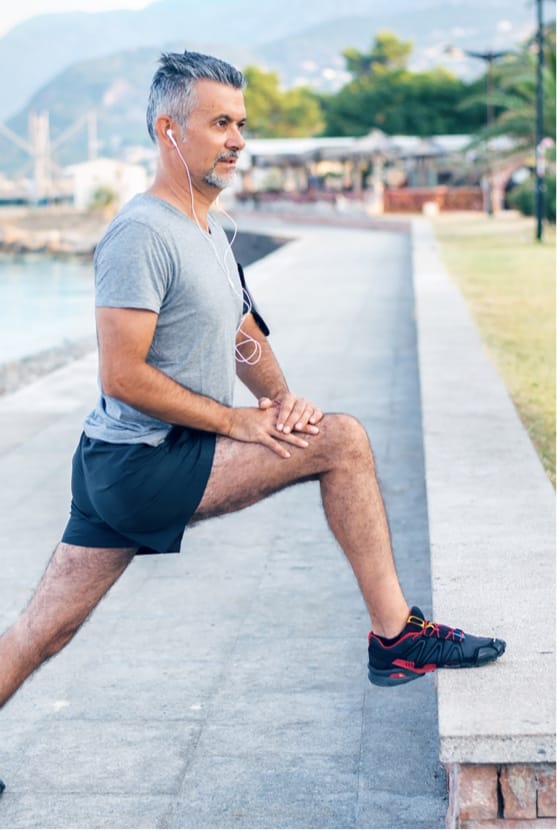Understanding Meniscus Tear Injuries
Meniscus tears are some of the most common knee injuries, especially among active individuals. They are usually caused by activities that forcefully twist or rotate the knee. The menisci are C-shaped pieces of cartilage that cushion the shin bone (tibia) from the thigh bone (femur). A torn meniscus can cause pain, swelling, stiffness, and difficulty extending the knee fully. If you're dealing with meniscus tears in Los Angeles, it's important to seek care from a specialist who understands both the injury and the demands of an active lifestyle.
What causes meniscus tears?
Any sport or activity that causes you to forcefully twist or rotate the knee can cause a meniscus tear. This type of injury can result from:
- Sudden stops and turns
- Aggressive pivoting
- Kneeling
- Deep squatting
- Heavy lifting
Older adults may suffer a torn meniscus with little or no trauma because of knee degeneration that occurs over time.

What are the menisci and what do they do?
Each knee has two menisci, one on the inside (medial) and one on the outside (lateral) of the knee. They are made of fibrous, rubbery tissue and are commonly referred to as knee cartilage. The menisci serve to transmit force across the knee joint with weightbearing activities such as running, jumping, or walking. Their crescent shape allows the rounded lower part of the femur to better fit with the flat top of the tibia, for better distribution of force over a larger area. The menisci help maintain joint stability, absorb some of the force during walking, and improve lubrication of the knee joint. Because of their vital role in knee function, meniscus tears in Los Angeles are frequently treated by orthopedic specialists who understand the demands of an active lifestyle.

Why Choose Dr. Yoon?
Dr. Steve Yoon is a nationally recognized leader in sports and regenerative medicine, trusted for his non-surgical approach to treating meniscus tears. As Director of Clinical Regenerative Medicine at the Cedars-Sinai Kerlan-Jobe Institute, he specializes in advanced orthobiologic treatments like platelet-rich plasma (PRP) and stem cell therapy that stimulate the body’s natural healing response. With experience treating elite athletes from the NBA and MLB—including roles as Head Team Physician for the Los Angeles Clippers and Team Physician for the Los Angeles Angels—Dr. Yoon brings expert-level care to every patient, whether you're a professional athlete or simply looking to stay active. His personalized, research-backed treatment plans are designed to reduce recovery time, repair damaged tissue, and restore pain-free movement—without the need for surgery.
Meniscus tears FAQ's
Are meniscus tears associated with other injuries?
Meniscus tears are often associated with anterior cruciate ligament (ACL) injuries. Other ligaments around the knee may also be damaged at the same time a meniscus tear occurs.
How are meniscus tears diagnosed?
In most cases, Dr. Yoon is able to diagnose meniscus tears during a clinical evaluation of the knee. If necessary, he may order diagnostic imaging.
How can I help prevent a meniscus tear?
You can help prevent this type of knee injury by keeping your legs, hips, abdominal, and core muscles strong. It is particularly important to stretch the hamstrings in the back of the thigh. Weak muscles can become tight, leading to knee injuries.
Can a meniscus tear heal without surgery?
Dr. Yoon specializes in advanced regenerative therapies to treat meniscus tears without surgery. Depending on your condition, he may recommend stem cell therapy or platelet-rich plasma (PRP) injections. These minimally invasive treatments use the body’s own healing mechanisms to reduce inflammation, promote tissue repair, and support long-term joint health—all without the need for surgery.
Can I walk with a torn meniscus?
Many people with a torn meniscus are still able to walk, although they may experience pain, swelling, or a catching sensation in the knee. Continuing to walk on a torn meniscus without proper treatment may worsen the injury over time.

